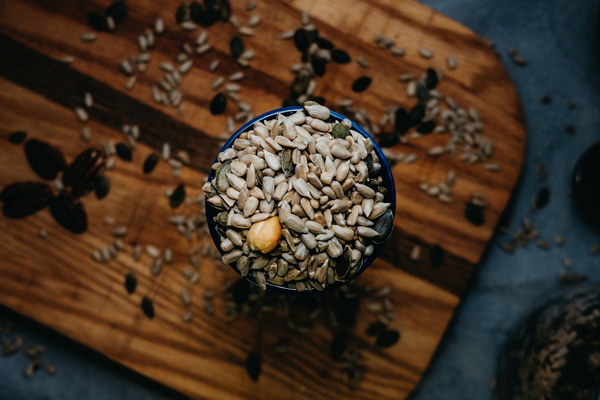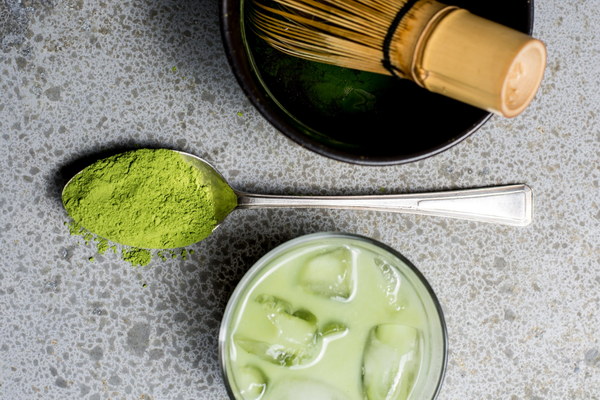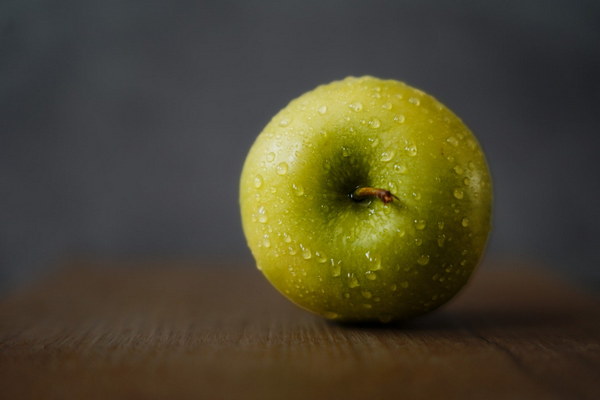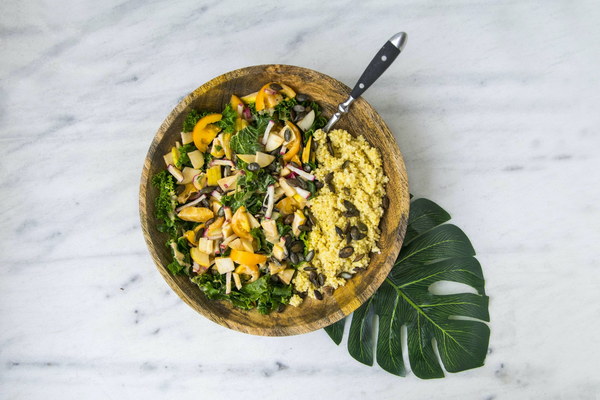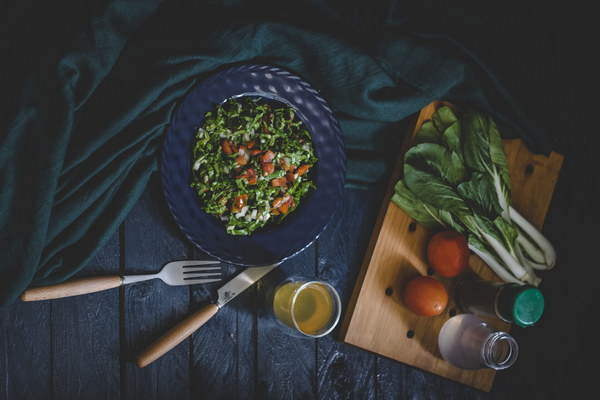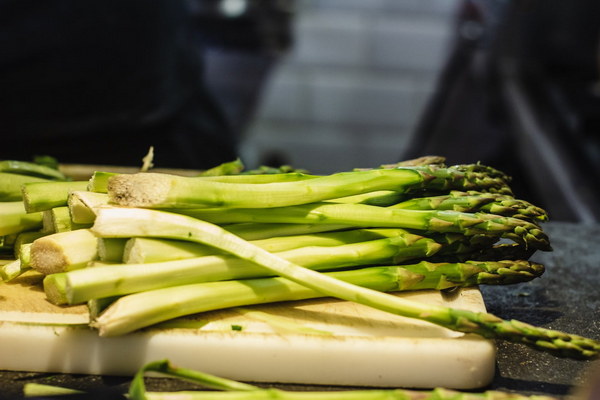Harmonizing Treatment and Nutrition Exploring Medicinal Herbs for Spleen and Stomach Health
In the realm of traditional Chinese medicine, the concept of treating and nourishing is a fundamental principle that emphasizes the importance of both correcting imbalances and promoting overall well-being. When it comes to the health of the spleen and stomach, which are central to digestion and nutrient absorption, harmonizing treatment and nutrition becomes even more crucial. This article delves into the world of medicinal herbs that are commonly used in Chinese medicine to treat and nourish the spleen and stomach, offering insights into their properties, benefits, and practical applications.
Understanding the Spleen and Stomach in Chinese Medicine
In traditional Chinese medicine, the spleen and stomach are considered vital organs that play a significant role in the body's digestive processes. The spleen is responsible for transforming and transporting nutrients, while the stomach is tasked with breaking down food into essential substances. When these organs are in balance, the body receives the nutrients it needs to maintain health and vitality.
However, various factors such as poor diet, stress, and excessive consumption of cold or raw foods can lead to imbalances in the spleen and stomach. Symptoms of such imbalances may include fatigue, bloating, indigestion, weight gain, and a weakened immune system.
Medicinal Herbs for Spleen and Stomach Health
To address these imbalances, Chinese medicine utilizes a variety of herbs that are known for their properties in nourishing and balancing the spleen and stomach. Here are some of the most commonly used herbs:
1. Astragalus (Astragalus membranaceus)
Astragalus is a well-known adaptogen that strengthens the immune system and supports the spleen. It is often used to treat fatigue, weakness, and immune deficiencies.
2. Codonopsis (Codonopsis pilosula)
Also known as Dang Shen, codonopsis is a valuable herb for strengthening the spleen and improving digestion. It is often used to treat chronic fatigue and weakness.
3. Licorice (Glycyrrhiza uralensis)
Licorice is a sweet herb that helps to harmonize other ingredients in a formula and has anti-inflammatory properties. It is often used to treat indigestion and bloating.
4. Cinnamon (Cinnamomum cassia)
Cinnamon is a warming herb that stimulates the digestive fire and helps to improve circulation. It is commonly used to treat cold and weak digestion.
5. White Atractylodes (Atractylodes macrocephala)
White atractylodes is known for its ability to strengthen the spleen and improve digestion. It is often used to treat bloating, gas, and abdominal pain.
Practical Applications of Spleen and Stomach Herbs
When using these herbs, it is essential to consider the individual's specific constitution and the underlying cause of their imbalance. A qualified practitioner of Chinese medicine can tailor a formula that combines these herbs to address the individual's unique needs.

For example, a person with weak digestion and frequent bloating may benefit from a formula that includes codonopsis, cinnamon, and licorice. On the other hand, someone with cold hands and feet and poor appetite might require a formula that includes astragalus, white atractylodes, and other warming herbs.
It is important to note that while these herbs can be beneficial, they should be used under the guidance of a healthcare professional. Some herbs may interact with certain medications or have side effects, especially when taken in high doses or for extended periods.
Conclusion
Treating and nourishing the spleen and stomach with medicinal herbs is a time-honored practice in Chinese medicine. By understanding the properties and benefits of these herbs, individuals can take steps to improve their digestive health and overall well-being. As always, consulting with a healthcare professional is recommended to ensure the safe and effective use of these herbs.
